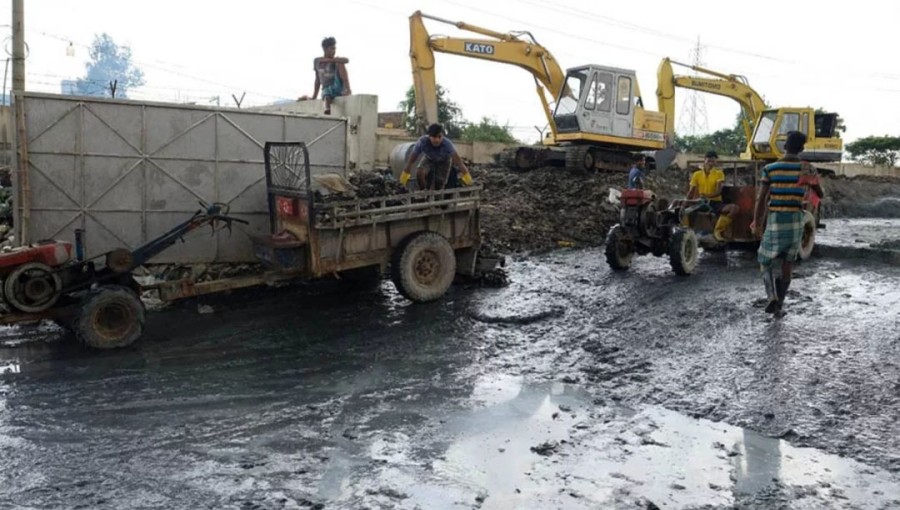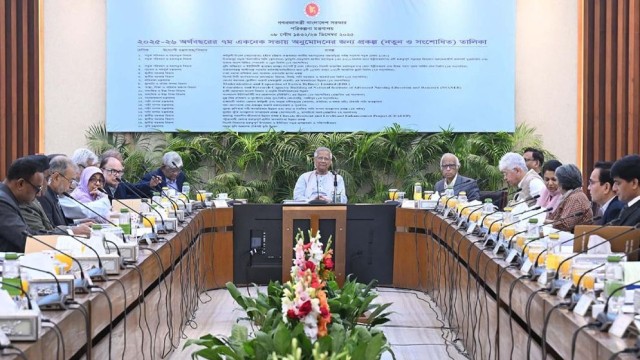A recent report by the World Bank has highlighted a concerning trend in Bangladesh, where polluters frequently evade significant penalties despite the country grappling with a high number of pollution-induced deaths, estimated at 272,000 annually. The report underscores systemic issues within Bangladesh's institutional framework, fostering a culture of impunity among polluters.
According to the report, the Department of Environment (DoE) imposed fines totaling Tk468 crore on nearly 10,000 environmental violators over the past 12 years. However, the actual amount collected amounted to less than half of the imposed fines, indicating a lack of effective enforcement.
Furthermore, the report reveals that fines remain consistently low and unchanged, even for repeat offenders, revealing a lack of deterrence. This leniency in penalties, combined with loopholes in the legal system, perpetuates non-compliance among polluters.
The report identifies several challenges contributing to low compliance, including the ad hoc application of the polluter pays principle, imprecise regulations, and excessive discretion of environmental officers. Additionally, political interference and limited capacity in environmental courts hinder stricter enforcement.
To address these challenges, the report suggests strengthening Bangladesh's legal and institutional framework for environmental management. It highlights ongoing efforts, such as the Bangladesh Environmental Sustainability and Transformation (BEST) Project, aimed at improving environmental governance and infrastructure.
In conclusion, the report emphasizes the urgent need for comprehensive reforms to hold polluters accountable and mitigate the detrimental impact of pollution on public health and the environment in Bangladesh.






























Comment: